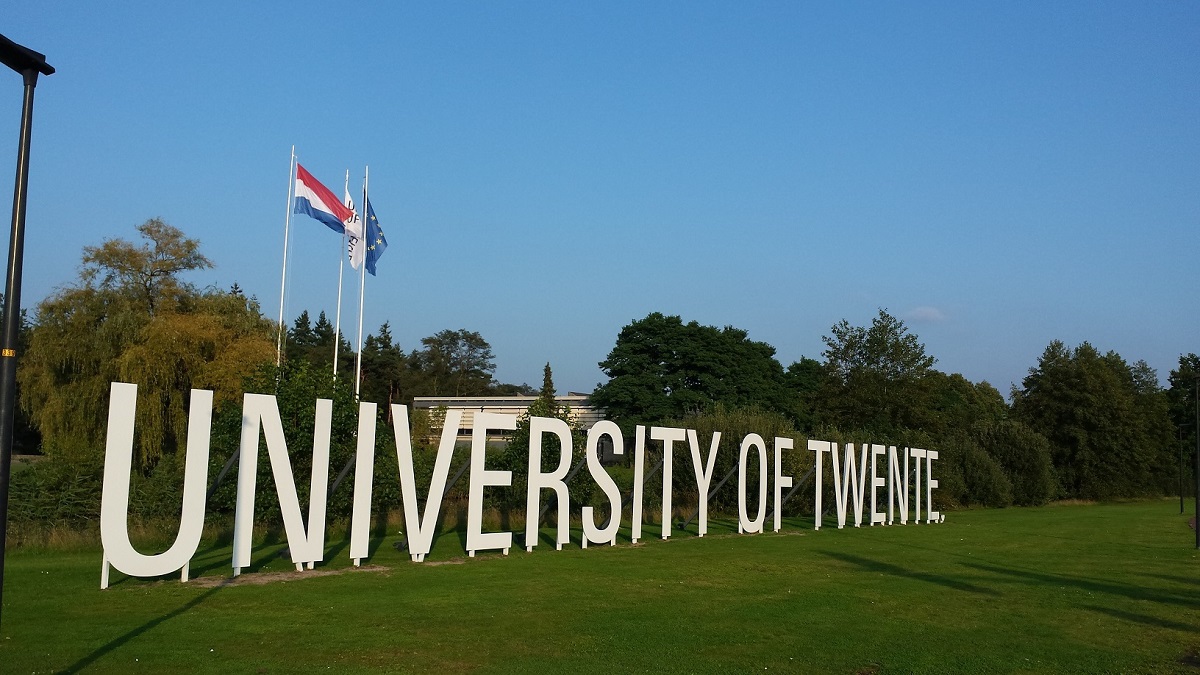
Increasing decentralized power production from wind and solar are putting a strain on the capacity of the electricity grid in different parts of the Netherlands. Therefore, due to the limited grid capacity, new projects cannot be connected to the grid preventing growth of renewable energy production. Hence, integrated networks of heat, gas and electricity systems with innovative energy conversion and storage technologies are required for the energy hub to ensure a reliable supply of clean energy to our future industries and society.
KEY TAKEAWAYS
- HOURS40 hr.
- SALARY INDICATION€ 2,541 – € 3,247
- DEADLINE14 Aug 2022
The challenge
Increasing decentralized power production from wind and solar are putting a strain on the capacity of the electricity grid in different parts of the Netherlands. Consequently, new projects cannot be connected to the grid preventing growth of renewable energy production. Also, when power demand is exceeding the transport capacity, an extra alternative electricity flow is needed to fulfil the power demand. This could be solved by increasing capacity: grid expansion. However, this is expensive and takes years of time to be realized. Although grid expansion is inevitable in the long term, a solution is needed for a short/medium term. If the copper route (i.e. reinforcing the grid by adding more cabled) is not a viable option anymore, then an alternative route through conversion to energy carrying molecules can be a solution. For this purpose we need major breakthroughs, advanced technologies and new integrated renewable energy systems for the energy hubs. Such an energy hub is a place where different forms of sustainable generation, storage and conversion come together to ensure a reliable supply of clean energy to customers in its surrounding.
Integrated networks of heat, gas and electricity systems with innovative energy conversion and storage technologies are required for the energy supply in our future cities, and without cooperation between very different stakeholders this transition will not be possible. In the present 4-years project you will develop innovative strategies by developing models of subsystems of energy hubs by combining energy carriers such as electricity, heat and gas which these models can accurately simulate the dynamic behavior of the system. Such models can either be used for the energy calculation tool, but also as validation base for less complex models within an energy management system (EMS) and explore if the models would fit to the current optimization algorithms for use in such an EMS setting. The UT has developed a platform for smart grid model predictive control called DEMKit. The PhD can work on digital twin modelling and application of DEMKit.
The project is executed in close cooperation with Alliander, TNO, Saxion University of Applied Sciences, EIGEN, Ventolines, Recoy, Semper Power, PARKnCHARGE, ElaadNL, Over morgen, Connectr and Shared Energy Platform. The project is funded by the MOOI-SIGOGE.
YOUR PROFILE
- You hold a MSc degree in Mechanical Engineering, Electrical Engineering, Sustainable Energy Technology, Computer Science, Mathematics or in a field that is closely related to this position.
- You are eager to learn about modelling and analysis of energy systems, renewable power generation, and energy conversion and storage technologies;
- You are eager to learn about smart energy systems including different energy carriers such as heat, electricity, gas and fuel.
- You are eager to learn about working with simulation software packages and relevant application toolbox, preferably in MATLAB/SIMULINK/ Python for the simulation of supply and demand in sustainable energy systems over time.
- Your writing skills are good.
- You are a creative person that shows initiative with a hands-on mentality.
- You have excellent communication skills.
- You are fluent in English, both spoken and written.
- A high degree of responsibility and independence, while collaborating with close colleagues, researchers and other university staff is strongly encouraged.
- Willing to be involved in educational tasks.
OUR OFFER
- We offer you a PhD position in a challenging multidisciplinary project. The university offers a dynamic ecosystem with enthusiastic colleagues and contacts with industry and society
- A four-years fulltime PhD position
- You will be part of a dedicated team with which you will collaborate extensively with industry
- A gross salary between € 2.541 and € 3.247 per month
- An annual holiday allowance of 8% of the gross annual salary, and an annual end of year bonus of 8.3%
- A solid pension scheme
- Minimum of 29 leave days in case of full-time employment.
- Professional and personal development programs
- The University of Twente is situated on a green and lively campus with lots of facilities for sports and other extracurricular activities
INFORMATION AND APPLICATION
You are welcome to contact Dr. Yashar Hajimolana (s.hajimolana@utwente.nl, +31- 534898462), Dr. Gerwin Hoogsteen (g.hoogsteen@utwente.nl), Prof. Johann Hurink (j.l.hurink@utwente.nl) and Prof. Gerrit Brem (g.brem@utwente.nl) for any questions you might have.
Are you interested in this vacancy? Please apply before 15th of August by sending:
- a motivation letter
- your CV, BSc and MSc transcripts and the names and
- contact information (telephone number and e-mail address) of two references.




